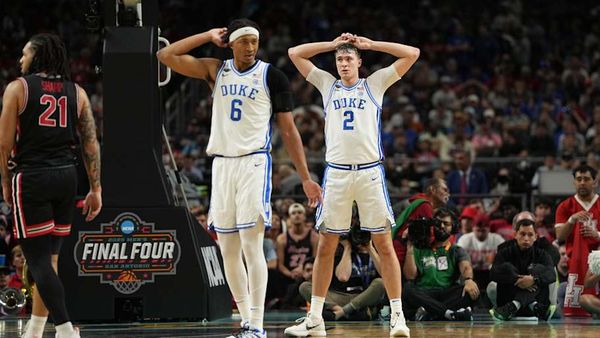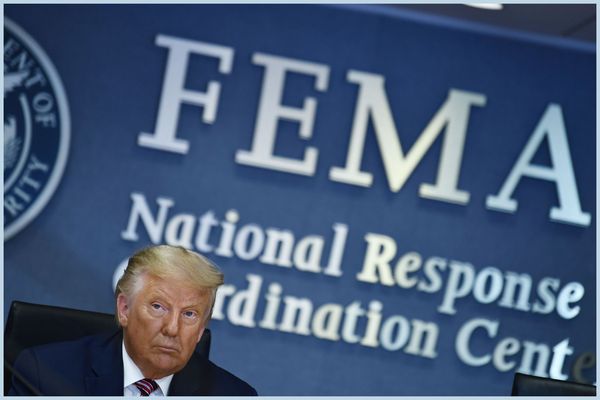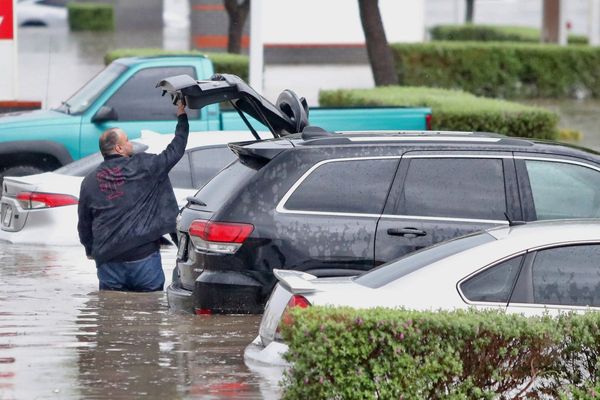
Russian Foreign Minister Sergei Lavrov will discuss the Ukraine Black Sea grain export deal with U.N. Secretary-General Antonio Guterres in New York next week, just weeks before the pact could expire unless Russian demands regarding its own exports are met.
Lavrov is due to chair two U.N. Security Council meetings as Russia holds the presidency of the 15-member body for April. Russian U.N. Ambassador Vassily Nebenzia said Lavrov and most of his delegation had received U.S. visas to travel to New York.
He will also meet with Guterres, said Nebenzia. Russia has warned that the outlook for the deal allowing the safe wartime export of grain and fertilizer from Ukrainian Black Sea ports beyond May 18 is "not so great."
"Of course, he will be raising that during his bilateral (meeting with Guterres)," Nebenzia told reporters.
"Nothing is moving, efforts are being made but unfortunately they are fruitless for us," he said, referring to U.N. attempts to help facilitate Russia's own food and fertilizer exports despite broad Western sanctions imposed on Moscow over its Feb. 24, 2022 invasion. "We clearly said we want to see progress."
The grain export deal was brokered by the United Nations and Turkey in July 2022 to help tackle a global food crisis that U.N. officials said had been worsened by Russia's invasion of Ukraine, the deadliest war in Europe since World War Two.
It was extended in November and then last month Russia only agreed to renew the deal for at least 60 days, half the intended period. Moscow said it would only consider a further extension if several demands in relation to its own exports were met.
"We continue to be determined to have this deal implemented fully as we are continuing with determination to work on the other part of the package, which is the facilitation of Russian grain and fertilizer. The stakes for this are very high," U.N. spokesman Stephane Dujarric said on Tuesday.
To help persuade Russia to allow Ukraine to resume Black Sea grain exports, a separate three-year pact was also struck in July in which the U.N. agreed to help Russia export food and fertilizer.
Ukraine said on Monday that the Black Sea grain deal faced the threat of being halted.
(Reporting by Michelle Nichols; editing by Doina Chiacu, Mark Heinrich and Jonathan Oatis)







